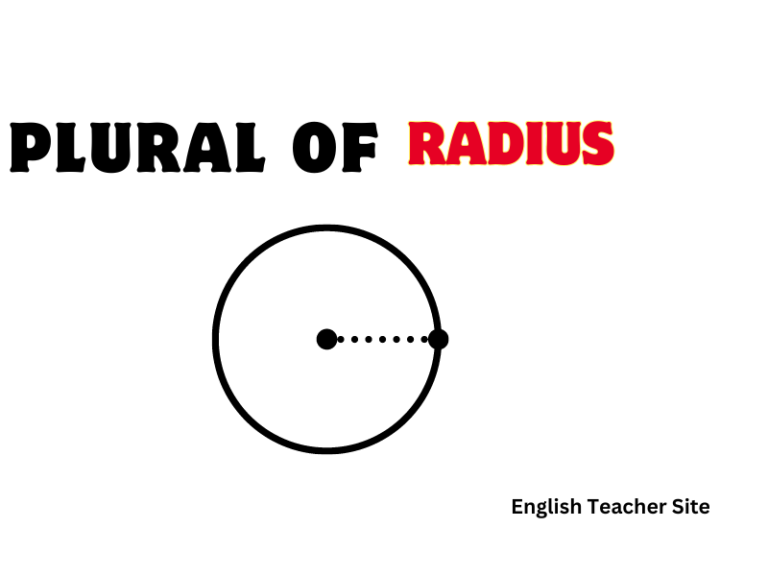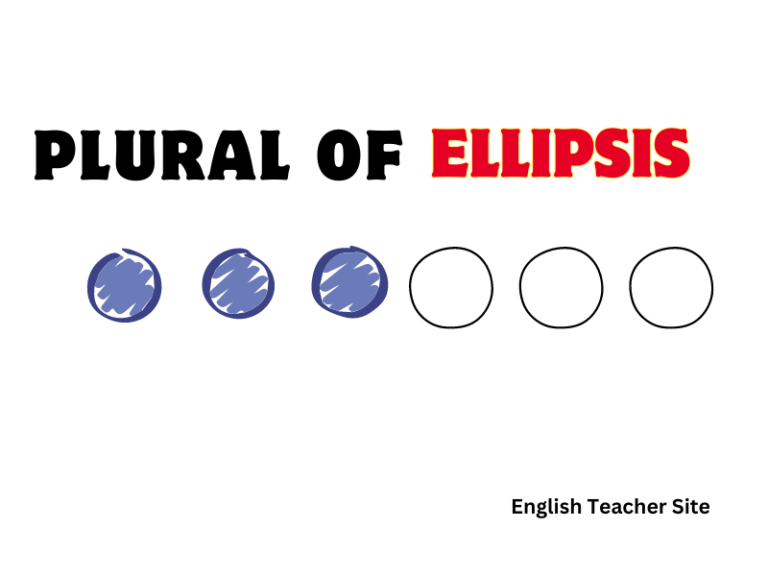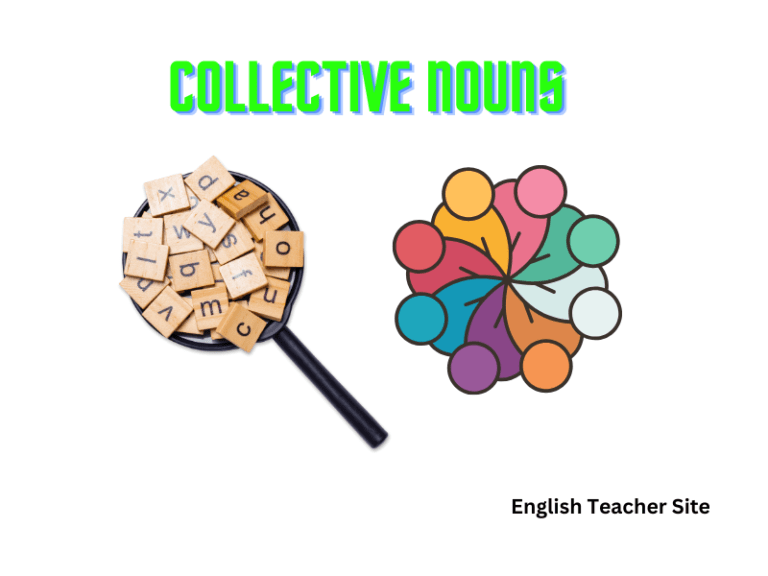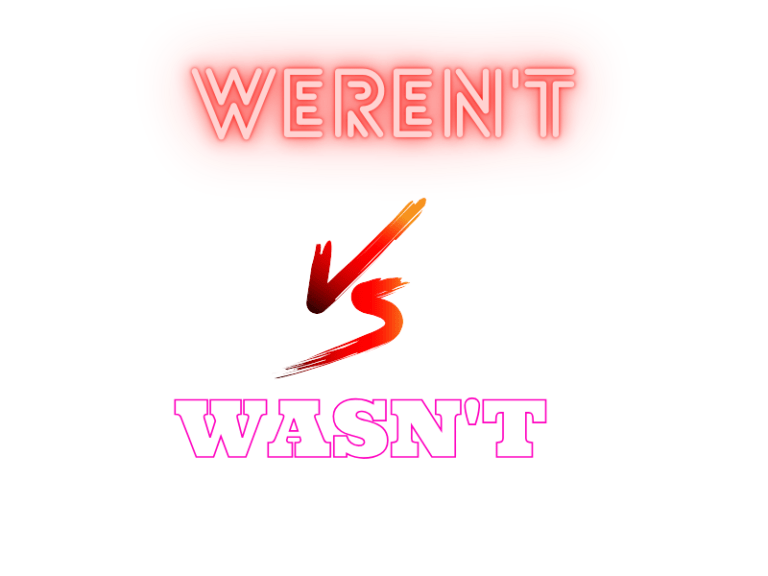What’s the Plural of Bureau? Understanding Correct Usage in English Grammar
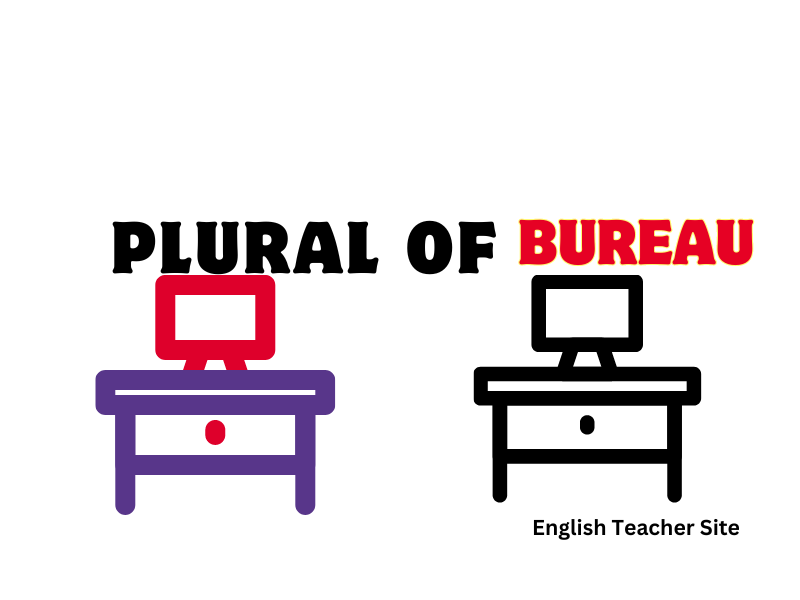
- “Bureau” can refer to both an administrative agency and a type of furniture.
- The word “bureau” has two correct plurals: “bureaus” in American English and “bureaux” in British English.
- The choice between “bureaus” and “bureaux” can be guided by regional preferences and writing standards.
The English language is full of nuances that can sometimes stump even the most proficient speakers. One such example is the word “bureau,” which carries different meanings and has origins that trace back to French. In its singular form, “bureau” can refer to an agency or organization, as well as a piece of furniture. But when it comes to its pluralization, there are two acceptable forms that are used, which reflect the word’s French roots.
What’s the Plural of Bureau?
When transforming “bureau” into its plural form, both “bureaus” and “bureaux” are correct. The choice between these forms depends on the preference for maintaining the French spelling or adopting a more Anglicized version.
Plural Form Options:
- Bureaus: This form aligns with the standard English practice of adding an “s” to create a plural. It is commonly used in American English.
- Bureaux: This form preserves the original French ending. It is often seen in British English and adds a sense of formality.
Usage by Region:
| Region | Preferred Plural Form |
|---|---|
| American English | Bureaus |
| British English | Bureaux |
For example:
- She had a collection of antique bureaus in her home.
- The government has opened new bureaux to address the issue.
In Context:
- The company has expanded and now operates multiple bureaus internationally.
- Historical organizations often preserve the French spelling when referring to multiple bureaux.
Bureau: Singular or Plural?
There are two accepted plural forms in English:
- Bureaus
- Bureaux
Usage in American and British English:
| American English | British English |
|---|---|
| bureaus | bureaus or bureaux |
Examples in sentences:
- The house had two identical bureaus in separate bedrooms.
- She contacted various bureaux to gather the necessary information.
Choosing the Right Form:
The decision on which plural form to use typically depends on the style and context, as well as whether American or British English is being used.
| Context | Plural Form |
|---|---|
| American English | bureaus |
| British English (less common) | bureaux |
| British English (more common) | bureaus |
Bureau Definition in the Dictionary
The word “bureau” can be defined both as a physical piece of furniture and as an organizational entity. The term originates from the French word “bureau,” meaning a cloth covering for desks, and by extension came to denote the desk itself, and later the office that contains the desk.
Physical Definition:
- A bureau, in its physical sense, refers to a piece of furniture with drawers and sometimes an accompanying mirror, typically used in bedrooms.
Organizational Definition:
- When speaking of an organization, a bureau signifies either a specialized administrative unit or a government department responsible for specific functions.
Plural Forms of Bureau
The plural of the word bureau has two acceptable forms:
| Standard English | American English |
|---|---|
| Bureaux | Bureaus |
Key Points:
- Furniture: A chest of drawers or a writing desk.
- Organization: A division of a government or administrative unit.
- Plural Usage: Acceptably written as “bureaux” or “bureaus,” with variation between British and American English.
Other French Nouns
Learning French involves understanding the pluralization of nouns, which follows a different set of rules compared to English. In French, most nouns are made plural by simply adding an “-s” to the end of the word, but there are exceptions. Let’s explore some of these irregularities and patterns.
Masculine Nouns Ending in -eau and -eu:
These nouns typically form their plurals by adding an “-x” instead of an “-s”.
| Singular | Plural |
|---|---|
| le château | les châteaux |
| le jeu | les jeux |
Nouns ending in -al and -ail:
These nouns often change the ending to “-aux” in the plural form.
| Singular | Plural |
|---|---|
| le journal | les journaux |
| le travail | les travaux |
Irregular Plural Nouns:
Some French nouns have irregular plural forms that must be memorized.
- The noun “œil” (eye) becomes “yeux” (eyes) in the plural.
- “Madame” (Mrs.) becomes “Mesdames” in the plural form.
- “Monsieur” (Mr.) becomes “Messieurs” when pluralized.
Invariable Nouns:
Certain nouns in French do not change at all in the plural form. These are known as “invariable” nouns.
- “Les informations” (information) — Information remains the same in both singular and plural.
- “Les ciseaux” (scissors) — Scissors is used with “les” regardless of number.
Learning Tools:
French learners can use several strategies to master these pluralizations:
- Flashcards to memorize irregular forms.
- Practice exercises focusing on noun endings.
- Reading French texts to see the plurals in context.
Contextual Examples of Bureau
Below are two tables illustrating how “bureau” and its plural can be incorporated into sentences:
Table 1: Single Bureau Usage
| Sentence Example | Usage Type |
|---|---|
| She purchased a vintage bureau from the local flea market. | Furniture |
| The government agency will relocate its bureau to a newly constructed building. | Administrative Unit |
Table 2: Plural Bureau Usage
| Sentence Example | Usage Type |
|---|---|
| This design firm has multiple bureaus around the country. | Offices |
| They visited different bureaux during their tour of Europe to appreciate the antique furniture. | Chests of Drawers |
Administrative Context
- In an administrative setting, “bureau” refers to a department or office that provides a specific service. For example:
- The federal government comprises various bureaus responsible for different aspects of national management.
Furniture Context
- As a term for furniture, a bureau often denotes a chest of drawers or a writing desk. In sentences such as:
- After renovating the house, they added several painted bureaus to the bedrooms.
News and Information Services
- Bureaus are also branch offices of news agencies or other information services:
- The major news network has bureaus in over 30 countries to deliver global coverage.
Contextual Examples of Bureaux/Bureaus
Below are contextual examples that show how both plural forms are used in sentences.
Examples with Bureaux:
- The government has several bureaux in charge of foreign trades and statistics.
- The antique shop displayed a fine collection of Mahogany bureaux from the 19th century.
- As a response to the crisis, new regulatory bureaux have been established.
Examples with Bureaus:
- The company streamlined its operations by reducing the number of bureaus.
- The bureaus within the department work together to provide comprehensive services.
- In many hotels, guest rooms are equipped with wooden bureaus for storing clothes.
To further illustrate, consider these two tables showing different usage environments for the plural forms:
Table 1: Use in Administration and Organizations
| Agency/Organization | Plural Form Used |
|---|---|
| The United Nations’ various | Bureaux |
| The Federal Bureau of Investigation | Bureaus |
Table 2: Use in Furniture and Antique Descriptions
| Item Description | Plural Form Used |
|---|---|
| French Provincial style writing desks | Bureaux |
| Contemporary bedroom furniture sets | Bureaus |
Synonyms for Bureau
Government or Administrative Entities
| Synonym | Usage Context |
|---|---|
| Agency | Often interchangeable with bureau; indicates an official organizational unit |
| Department | A more general term for divisions within a larger context, such as a government |
| Office | Refers to a subunit of a larger organization; can be synonymous with bureau |
| Division | Indicates a specialized section of an organization |
Furniture
| Synonym | Usage Context |
|---|---|
| Desk | A generic term for the piece of furniture used for writing or working |
| Escritoire | A more antiquated or formal term for a bureau designed for writing |
| Secretary | A term sometimes used interchangeably with bureau, indicating a furniture piece with a writing surface and compartments |
- Agency: Often denotes an operational segment of the government or a business, tasked with specific functions.
- Department: Represents broader organizational parts, each with its specific responsibilities.
- Office: Though it can mean the physical place where work is done, it can also refer to the bureaucratic entity itself.
- Division: Signifies a more specialized department within a larger framework.
Origin of the Word Bureau
The term bureau has its etymological roots in the late 17th century, derived from the French word bureau, signifying a cloth covering. The French term itself sources from burel, a coarse woolen cloth, historically used to cover desks. This coverage then gave the name to the actual piece of furniture, and eventually to the place of work.
The original sense of a cloth evolved to designate the piece of furniture it covered—specifically a writing desk with compartments and drawers used for organizing papers. This signification was the springboard for its further evolution to mean the offices or rooms containing such desks, and by extension, the organizations or administrative units conducting official work.
Here is a concise overview of the term’s linguistic journey:
| Language | Term | Meaning |
|---|---|---|
| Old French | bure | Dark brown cloth |
| French | bureau | Desk or office |
In modern English, bureau has multiple connotations:
- A chest of drawers for storage, often found in a bedroom.
- An administrative or specialized division, particularly within a government or organization.
- An office dedicated to a specialized service, like a travel or news bureau.
Given its history, the plural form of bureau can be either bureaus or bureaux, the latter reflecting the original French pluralization.
Bullets highlighting the word’s progression:
- From covering cloth to furniture
- From furniture to organizational setting
- From setting to specialized entity
Sources
My name is Khamis Maiouf. I am the creator of the English Teacher Site, dedicated to providing valuable resources and insights for students around the world. With a passion for education and a commitment to helping students enhance their skills, I aim to make English teaching more effective and enjoyable for both educators and students.

